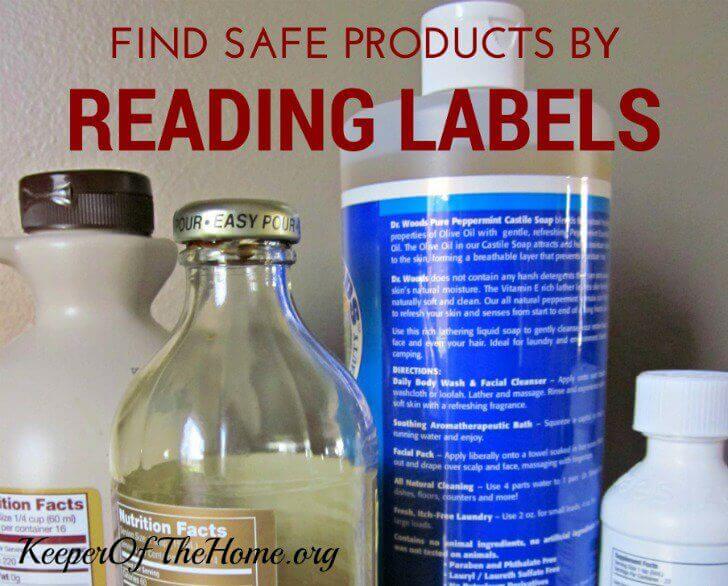
By Hilary Bernstein, Contributing Writer
Ten years ago, I had no idea what was in the products I was using. Granted, I didn’t care what was in my food, personal care products or cleaning products. I was young, healthy … and blissfully ignorant. I (incorrectly) assumed that most products were safe.
Then one day I stumbled across information that many shampoos were made with dangerous ingredients. After I realized that sodium laurel sulfate and sodium laureth sulfate weren’t the safest for humans, I discovered that cosmetics also could be hazardous. Some mascaras were made with mercury. There used to be lead in lipsticks.
As I learned that products were unsafe, I researched how it was possible – it’s possible because of lax safety regulations in the U.S. (In America, manufacturers aren’t required to disclose what’s in their cleaning products or personal care products.)
Very quickly, I discovered my first step in healthy living: know what’s in my products. When I don’t make my own products from scratch, I need to know the ingredients.
[Tweet “When I don’t make my own products from scratch, I need to know the ingredients. “]
Read before you buy
This is as easy as reading ingredient labels.
But it’s also tricky. Exactly what are all the ingredients – especially the ones I can’t even pronounce? Are they safe – or unsafe?
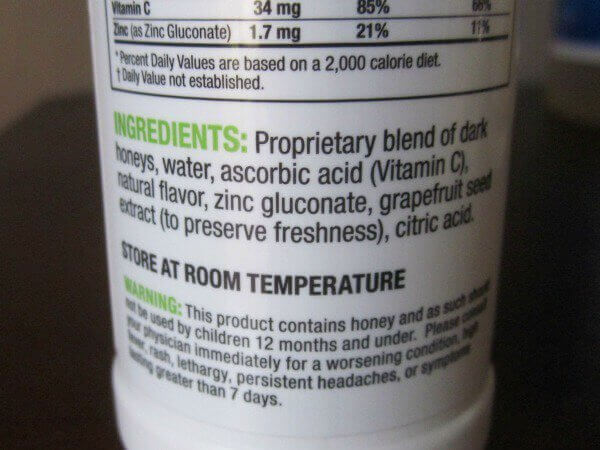
As a simple solution, I try to stick to products that have ingredients I know and can pronounce – and only a few ingredients are used. Take my bottle of unsulphured blackstrap molasses, for example. I looked at the label and the one and only ingredient is – you guessed it! – molasses.
Know your personal preferences
Over the years, I’ve also developed my own personal preference list of ingredients that are acceptable – and ones I also avoid.
I’ve made mental notes and know what I want to avoid in my food.
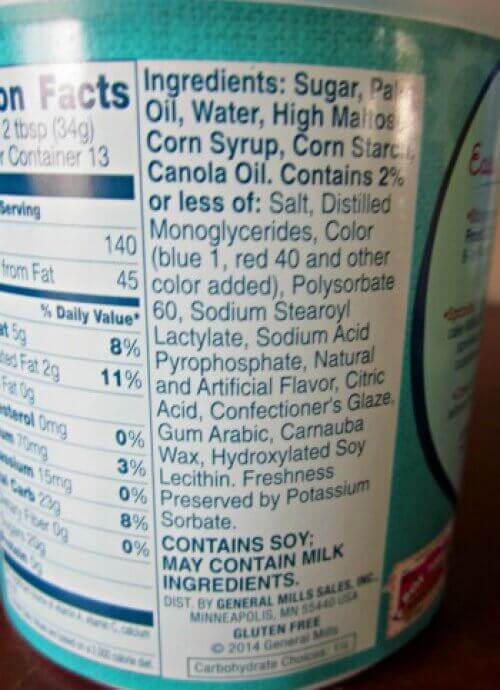
This, by no means, is my entire list, but for starters I choose to not buy food with:
- Artificial food colors,
- Annatto,
- Artificial flavors,
- High fructose corn syrup,
- Hydrogenated oils and partially-hydrogenated oils,
- Preservatives,
- Soy.
(One FANTASTIC resource for specifics in food labeling and ingredients is Stephanie’s recent post.)
I also know what I want to avoid in personal care products and cosmetics:
When in doubt, I check with the Environmental Working Group’s recommendations.
On the flip side, I also know what I want to look for in ingredient labels – particularly anything that’s non-GMO or certified organic.
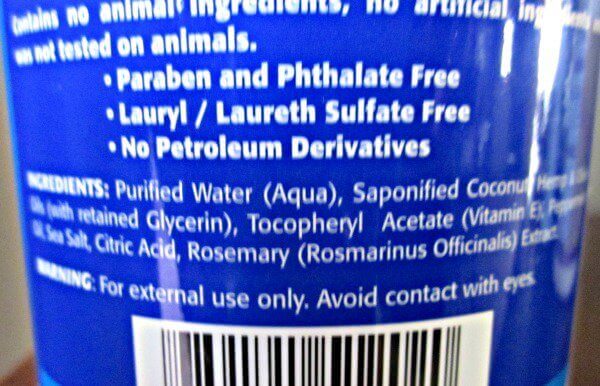
I know that every single product I choose to use isn’t completely safe. But my current product choices are radically different than when I didn’t care about my health.
I love using safe products – and being willing to try new products that are safe for my family. These safe products enter my home after I’ve done my research … and that all starts by reading labels.
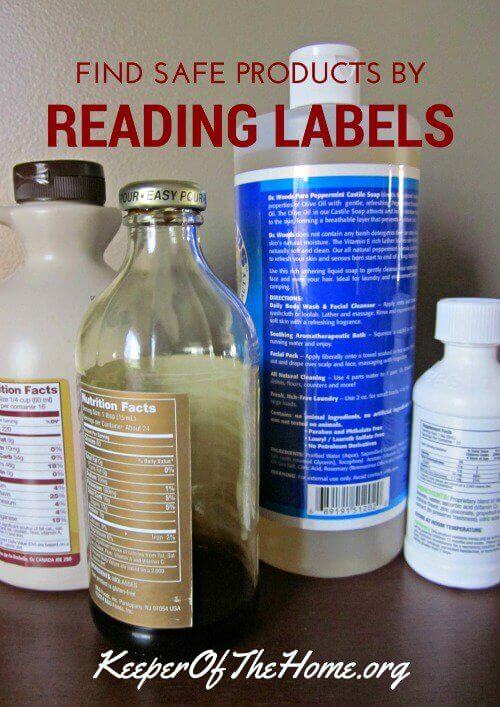
Do you read labels? What ingredients do you choose to avoid?
Disclosure: This post contains affiliate links. When you buy through our links, we earn a small commission, which helps to keep this site going so that we can continue to offer free and useful content, so thanks!
This post is sponsored by Plan To Eat. If you know you need to make strides towards regular meal planning and you’re looking for a tool to make it easier, I highly recommend you check out Plan To Eat’s virtual tour. Sign up for a free 30-day trial to see how it works! Plan To Eat was born from a desire to eat real food — great food — prepared at home, together as a family. Plan to Eat is an online menu planner that uses your recipes, scheduled for the days you want them, automatically generating your grocery list, organized the way you like to shop. Eat well. Eat together.
Original article and pictures take keeperofthehome.org site
Комментариев нет:
Отправить комментарий